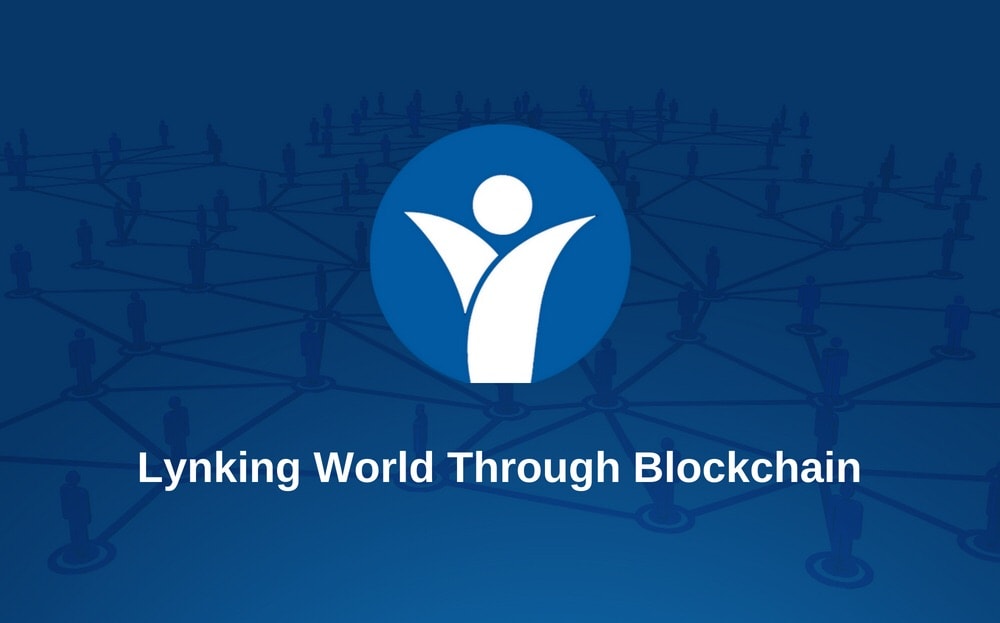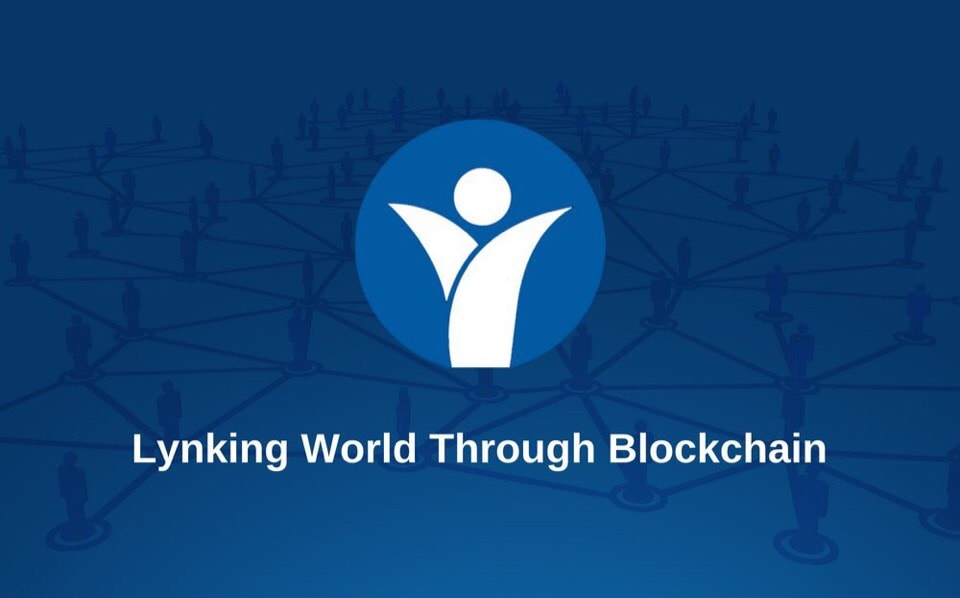2018-8-28 23:00 |
Lynked.world is a blockchain app company that is primarily based out of the Netherlands, but their technology has traveled all the way to West Bengal, India. There, two governments are working to amalgamate an app that would allow them to issue birth certificates to citizens born within their country.
The two corporations that will be using this technology are Bankura Municipal Corporation and Durgapur Municipal Corporation. Primarily, the app will help them make processing requests, verifying identity, and other administrative options easier. By streamlining this process a bit better, applications for legal documents (including birth certificates) becomes exponentially easier.
Arun Kumar, who works as the CEO and founder of Lynked World, said that they wanted to help with the “cumbersome” systems that are presently in place for these types of functions. Agencies within the local government still are at a point when they physically have to see the citizen in front of them with a physical ID, even just for the simplest of services.
When Kumar spoke with CCN, he noted that this platform was ready to go live, and that the two corporations would soon have access to the issuance of birth certificates and other legal documents. Based on their estimated time-frame, the documents should be available to issue as soon as September 2018, and Kumar estimates that there will be about 1 million birth certificates by the end of the year.
In a statement, Kumar said,
“These Birth and other certificates would be digitally authenticated by issuing authorities (municipalities) and that authentication will be stored on blockchain which facilitates verification of these documents by any third-party organization to whom owners provide access. Basically, Blockchain would be used to write the hash value of certificate together with owner of certificate and who issued it for the authentication and verification.”
This new platform will also have a new token called LYNK, which is what allows citizens to create their applications. Users will be able to store their information within a digital wallet, which holds records like passports, medical information, academic degrees, and driver’s licenses. With all of this information in a verifiable place, all the user will need to connect with it is a QR code.
India has been public about their preference for blockchain technology, going as far as to establish a blockchain district. They’ve also agreed and promised to establish regulatory support for startups and other companies, while adapting blockchain technology to meet their need for transparency in the government. India isn’t alone in this desire to adapt blockchain to identify verification and storage; the United States uses a similar technology for voting abroad, Australia verifies degrees, and China audits their government. All of these protocols are done with some modification of blockchain technology.
This is one of the latest decisions from the government to show how helpful blockchain technology is to their economy. The systems still have to go through testing to show how effective they are, but time will show if this option is a better way to handle these types of legal documents. Adoptions of blockchain are growing bigger, which means that any reaction from this new integration will help advance the goals of this technology in the long run.
origin »Bitcoin price in Telegram @btc_price_every_hour
LALA World (LALA) на Currencies.ru
|
|



